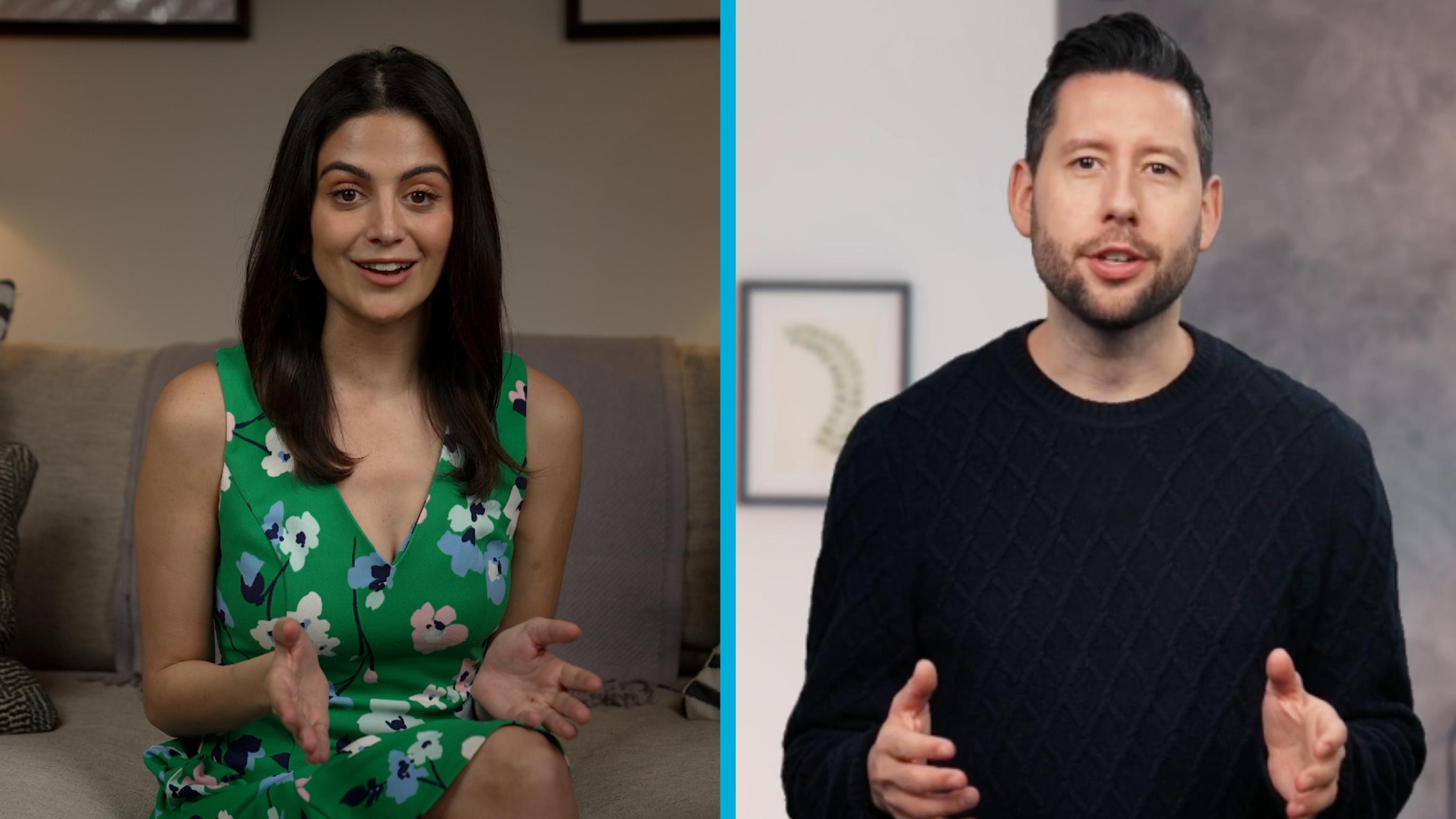The Psychology Behind Choosing a Male vs. Female Spokesperson
Picture a chessboard. Each piece, from the rook to the pawn, holds unique power, importance, and purpose. Much like the strategic game, deciding on the face of your brand—a spokesperson—is an essential move in your marketing playbook. It's not just about picking someone with a friendly smile and a confident demeanor; it's also about understanding the underlying psychology that influences customer perceptions and attitudes.
KEEP READING OR WATCH VIDEO:
Now, let's delve into an aspect that often stirs a whirlpool of debates: choosing a male versus a female spokesperson. We'll navigate the uncharted waters of social perceptions, gender stereotypes, and their impact on audience reception.
First off, let's debunk a widespread myth: there's no universally 'better' choice between a male or female spokesperson. The effectiveness of a spokesperson often depends on the product, target audience, and brand message.
Let's talk about why that is. Social psychologists affirm that individuals often have ingrained perceptions and attitudes towards genders. While we strive towards a society free of stereotypes, it's worth considering these perceptions when strategizing your marketing campaigns.
For instance, studies suggest that female spokespersons might be perceived as more warm, caring, and trustworthy—a boon for companies emphasizing customer care or family-friendly values. They excel in roles requiring empathy, relational communication, and softer sales approaches.
On the flip side, male spokespersons are often seen as more authoritative and knowledgeable. They could be the ideal pick for industries like technology, finance, or automobiles, where expertise and assertiveness are paramount.
Here's the kicker though—audience demographics matter significantly. The gender of your target audience could influence their preference for a male or female spokesperson. Research suggests that same-gender spokespersons can create a stronger sense of connection and relatability.
Moreover, the cultural background of your audience is an influencing factor. Cultural norms and values can shape perceptions and preferences regarding gender roles, which can impact the effectiveness of your spokesperson.
The lesson here? Careful thought and strategic planning should be the foundation of choosing your spokesperson. As marketers, understanding the psychology behind these choices can help build stronger, more relatable, and more effective campaigns.
And remember, no matter who you choose, an experienced spokesperson like those from Dashti Media can adapt to your specific needs, expertly conveying your brand message and forming genuine connections with your audience. It's all about finding the right fit for your unique chessboard!
